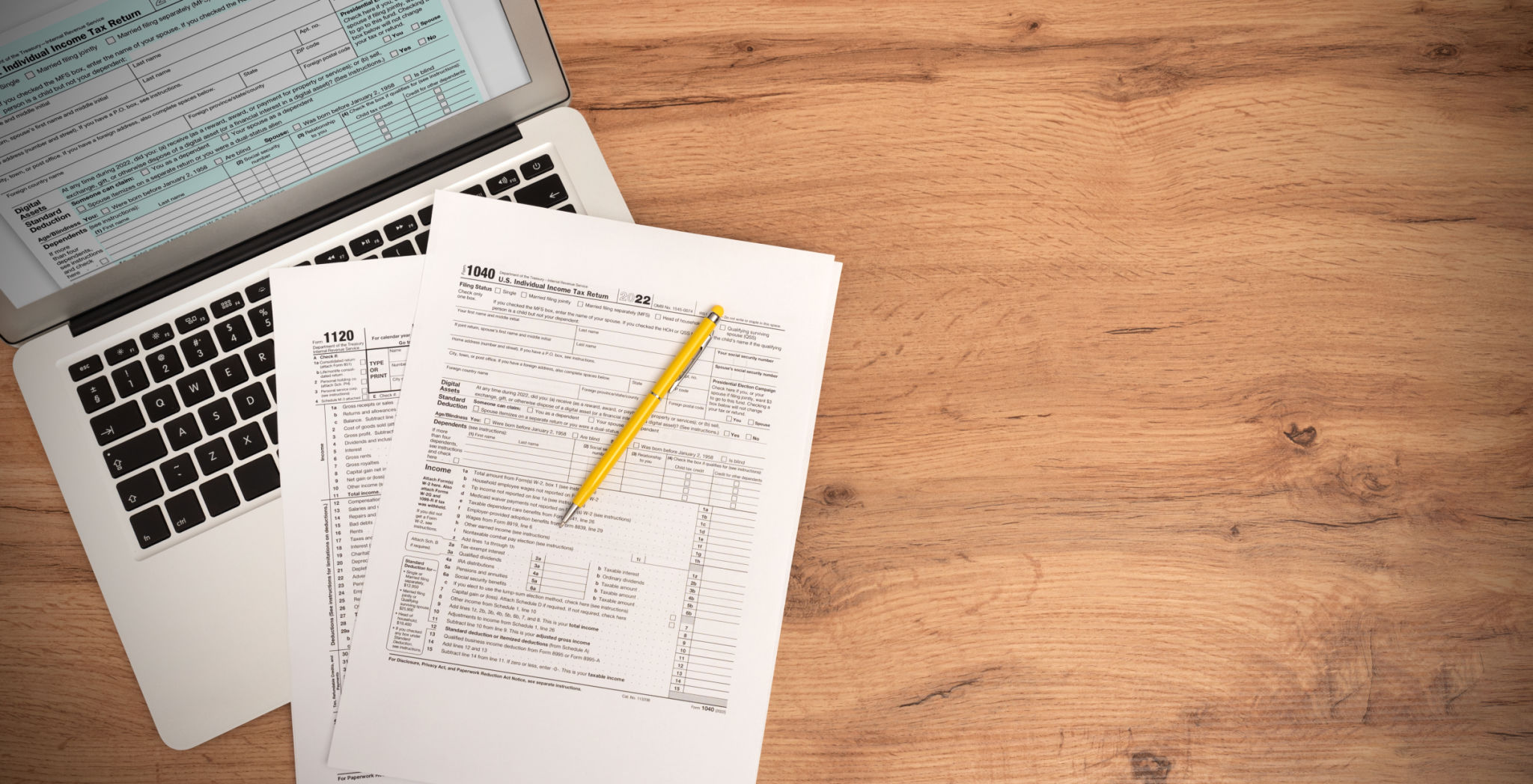Seasonal Tax Tips: Preparing for the Upcoming Tax Season
Understanding Your Tax Obligations
As the tax season approaches, it's crucial to understand your tax obligations to ensure a smooth filing process. Whether you're an individual taxpayer or a business owner, knowing what taxes you owe and when they're due can save you from unnecessary penalties. Start by reviewing the previous year's tax return to identify any changes or updates needed for the current year.
Familiarize yourself with any new tax laws or regulations that might affect your filing. Tax laws can change annually, and staying informed will help you take advantage of any new deductions or credits. Additionally, consider consulting with a tax professional if you're unsure about specific tax rules or changes.

Organizing Your Financial Records
One of the most important steps in preparing for tax season is organizing your financial records. Gather all necessary documents such as W-2s, 1099s, mortgage interest statements, and any other relevant forms. Keeping these documents organized will simplify the filing process and reduce stress.
Create a system that works for you, whether it's a digital folder on your computer or a physical filing cabinet. Make sure to categorize your documents by type and year to make retrieval easier. This organization will not only help during tax season but also throughout the year for financial planning.

Maximizing Deductions and Credits
Maximizing deductions and credits is an effective way to reduce your taxable income. Start by reviewing the list of available deductions and credits such as education expenses, medical costs, and charitable contributions. Keeping track of these throughout the year can lead to significant savings when filing your taxes.
Consider contributing to retirement accounts such as IRAs or 401(k)s, which can also provide tax benefits. Contributions to these accounts may be deductible, reducing your taxable income further. It's also wise to consult with a tax advisor who can identify less obvious deductions or credits applicable to your situation.
Planning Ahead for Next Year
Once you've filed your taxes, it's a good idea to start planning for the next tax season. Take note of any challenges you faced during the current filing process and find ways to address them. This might include adjusting withholding amounts, saving more receipts, or setting up a more efficient record-keeping system.
Regularly review your financial situation throughout the year to avoid surprises at tax time. By planning ahead, you'll ensure that you're well-prepared when the next tax season arrives, allowing you to focus on other important aspects of your financial health.

Using Tax Software and Professional Services
In today's digital age, many taxpayers opt for tax software to assist with filing. These programs can simplify the process and help you identify potential deductions and credits you might have missed otherwise. Make sure to choose a reputable software that suits your needs.
If you find the process overwhelming, consider hiring a tax professional. They can offer personalized advice and handle complex situations, ensuring that your taxes are filed accurately and efficiently. Although there is a cost involved, the peace of mind and potential savings can be worth it.
Final Tips for a Stress-Free Tax Season
Finally, start early and avoid procrastination. Giving yourself ample time to gather documents and complete your return can prevent last-minute stress and errors. Stay informed about deadlines and updates from the IRS to ensure timely submission.
Remember that preparation is key to a stress-free tax season. By following these tips and staying organized, you can make the upcoming tax season more manageable and potentially even enjoyable.

